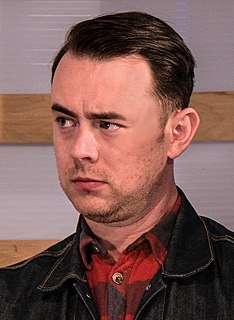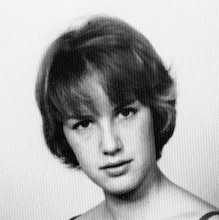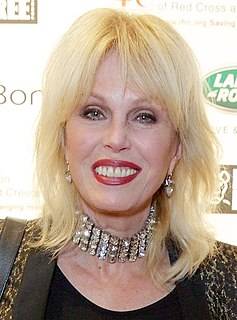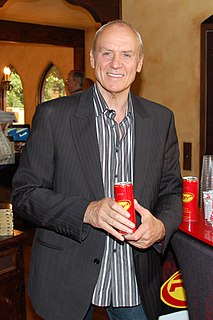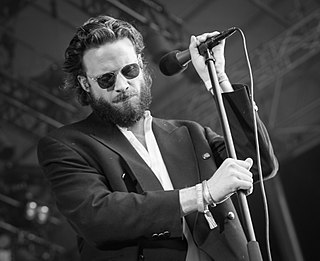A Quote by Colin Hanks
I never had any idea that I would have a career quite honestly. You never really have any idea what is going to happen. You have an idea of what you would like to happen.
Related Quotes
[Photographer Julian Wasser] had this great idea that I should play chess naked with Marcel Duchamp and it seem to be such a great idea that it was just like the best idea I'd ever heard in my life. It was like a great idea. I mean, it was - Not only was it vengeance, it was art, and it was, like, a great idea. And even if it didn't get any vengeance, it would still turn out okay with me because, you know, I would be sort of immortalized.
Expectations are usually predicated on the idea that the everyday things that happen to ordinary people shouldn't happen to you. People hold the idea of being ordinary in absolute contempt, so when they face an illness, poverty, or any kind of catastrophe, they say, 'I can't believe this happened to me.' And who did you think it was going to happen to - the woman across the street?
I have always been intensely uncomfortable with the idea of a science fiction writer as prophet. Not that there haven't been science fiction writers who think of themselves as having some sort of prophetic role, but when I think of that, I always think of H.G. Wells - he would think of what was going to happen, and he would imagine how it would happen, and then he would create a fiction to illustrate the idea that he'd had. And no part of my process has ever resembled that at all.
Those silly girls had no idea what they were really celebrating. They had no idea what it took to bring Agatha and her friends together seventy-five years ago. The Women's Society Club had been about supporting one another, about banding together to protect one another because no one else would. But it had turned into an ugly beast, a means by which rich ladies would congratulate themselves by giving money to the poor. And Agatha had let it happen. All her life, it seemed, she was making up for things she let happen.
The century would seek to dominate nature as it had never been dominated, would attack the idea of war, poverty and natural catastrophe as never before. The century would create death, devastation and pollution as never before. Yet the century was now attached to the idea that man must take his conception of life out to the stars.
The heartbreak that it might not happen wasn't something that I wanted to face with any more weight. Then, when I got the call to go ahead I never thought for a second as I was approaching it who I would get - that would come later. Again, I think the idea was that I now had the rights to make the movie and I can start writing it but if I have to wait another 10 years before I find an actor that's right for it, I'd be very happy to do that.
My idea of that[idea of career] is constantly changing. I mostly just throw it out to the universe and I can't really do much after that. I've never taken the steps to be "successful": I've never had a manager or signed to a publishing house. I've talked to people about it but I've never followed through because it gives me the creeps.
Expectations are usually predicated on the idea that the everyday things that happen to ordinary people shouldn't happen to you. People hold the idea of being ordinary in absolute contempt, so when they face an illness, poverty, or any kind of catastrophe, they say, "I can't believe this happened to me." And who did you think it was going to happen to - the woman across the street? It makes them think, "I must be on the wrong path." But what if something you thought was bad was the best thing that ever happened to you? What if that was part of your path?
